Search
Search Results
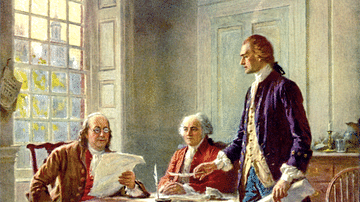
Article
Natural Rights & the Enlightenment
The idea of natural rights is the concept used in philosophy and legal studies that a person has certain rights from birth and which, because they were not awarded by a particular state or legal authority, cannot be removed, that is, they...
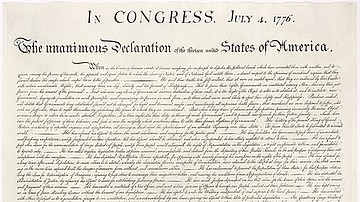
Article
Declaration of Independence
The Declaration of Independence is the foundational document of the United States of America. Written primarily by Thomas Jefferson, it explains why the Thirteen Colonies decided to separate from Great Britain during the American Revolution...
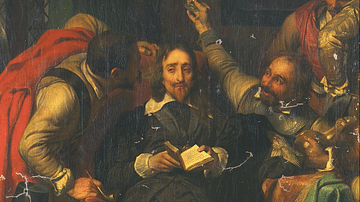
Definition
English Civil Wars
The English Civil Wars (1642-1651) witnessed a bitter conflict between Royalists ('Cavaliers') and Parliamentarians ('Roundheads'). The Royalists supported first King Charles I of England (r. 1625-1649) and then his son Charles II, while...
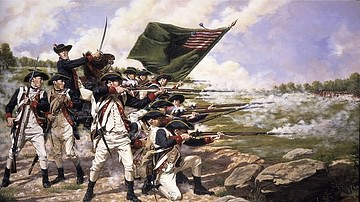
Article
Weapons in the American Revolution
The American Revolutionary War (1775-1783) was a long and bitter conflict fought between Great Britain and its thirteen North American colonies over the Americans' liberties and, eventually, for the independence of the United States. The...

Article
Native American Concept of Land Ownership
The Native American concept of land ownership differs significantly from that of the European settlers who colonized the Americas or their descendants in that land could not be owned, only stewarded and lived with. The Earth is understood...
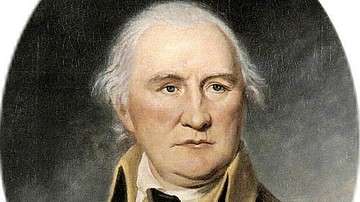
Definition
Daniel Morgan
Daniel Morgan (l. c. 1735-1802) was an American frontiersman and soldier, most famous for leading a corps of riflemen during the American Revolutionary War (1775-1783). He rose to the rank of brigadier general in the Continental Army and...
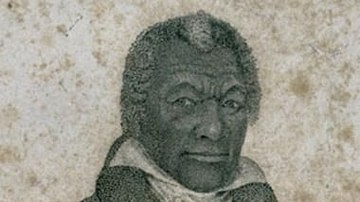
Definition
James Armistead Lafayette
James Armistead Lafayette (l. c. 1748-1832) was an African American Patriot who served the Continental Army as a spy during the American Revolutionary War (1775-1783). During the Siege of Yorktown, he infiltrated the British camp to bring...
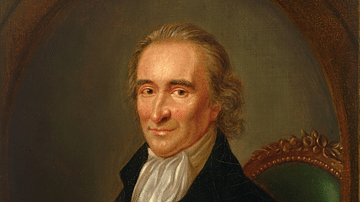
Definition
Thomas Paine
Thomas Paine (1737-1809) was an Anglo-American Enlightenment thinker whose radical ideas were taken up by revolutionaries in both the American Revolution (1765-1783) and the French Revolution (1789-1799). A Founding Father through his influence...

Article
Battle of Preston in 1648
The Battle of Preston between 17 and 20 August 1648 occurred during the English Civil Wars (1642-1651) and saw Oliver Cromwell lead Parliament's New Model Army to victory against an Anglo-Scottish army which supported King Charles I of England...
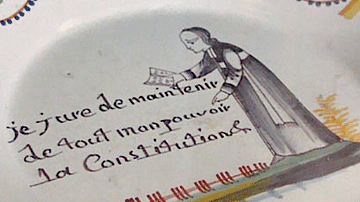
Definition
Civil Constitution of the Clergy
The Civil Constitution of the Clergy was a law passed in July 1790 during the French Revolution (1789-1799), which caused the immediate subordination of the Catholic Church in France to the French government. An attempt to modernize the Church...